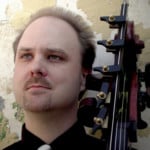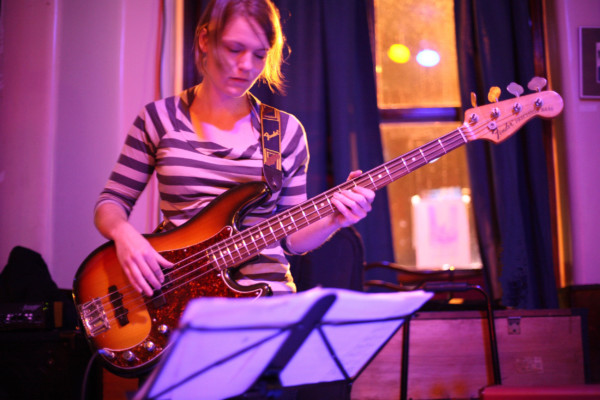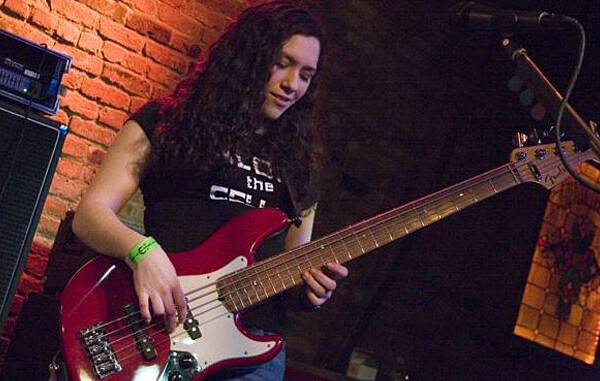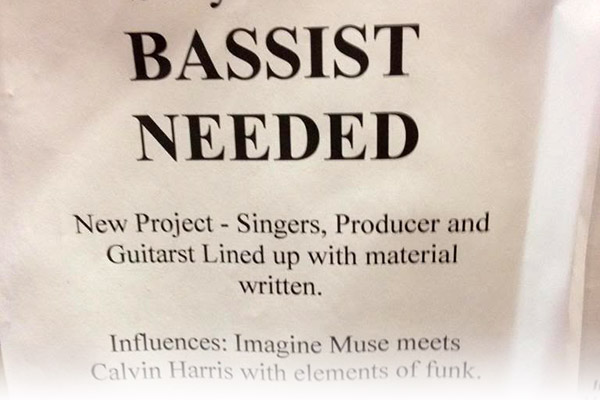Preparing for College Auditions
As someone who has taught at the University/Conservatory level for a number of years, I get many questions regarding undergraduate music school auditions. Some questions are specific to my school, but many are general requests for advice. As I am currently deep into audition season, I thought I would summarize some of my more common suggestions. Although much applies to those seeking any type of undergraduate music degree, my comments are primarily directed at those seeking a performance degree.
Decide where to audition… early
- If you think there is even a remote possibility you may want pursue music at the college level, begin looking for attractive schools in the Fall of your Junior Year. Aim to know which schools you will apply to by beginning of your senior year.
- Even if you are set on attending a specific institution, choose at least three schools where you will audition. Make one your dream school, one an acceptable substitute, and one as near to a “sure thing” as you can find. Three schools is minimum, more is advisable.
- When choosing, certainly consider all the things that may be important to you. However, if your major is to Music Performance, or if applied (i.e. bass) study is especially important to you, place the highest priority on who your applied (i.e. bass) teacher will be.
- If possible, visit your prospective schools in your Junior year, or early in your Senior year of high school. When arranging a visit, seek out the bass professor and get a lesson. Many will offer this free of charge to prospective students.
- Although there are many factors to consider when choosing a place to continue your musical education, your applied (i.e. bass) teacher will be the paramount factor in a your development. Consider it carefully. You will have a number of different professors for music history, theory, etc. but likely only one in your major instrument, bass, for 4 years. In most cases, it will be THE major factor in how you progress as an instrumentalist and musician.
- Visit with current students on your instrument (bass!) if at all possible. Get a feel for the studio from a student perspective if it can be arranged.
Know the audition requirements
- These are generally available online. Seek them out, and make sure you understand them for each school. If anything is unclear, or you are uncertain about a certain work, ask. I suggest contacting head of the department or area (i.e. strings, jazz, etc.) or the specific teacher you are considering.
- Again, if you are unsure about something, or it is unclear, ask.
- Although seldom listed in the audition requirements, your dress will matter to some audition panels. As a safeguard against any such prejudice, I suggest dressing conservatively. Not too formal, but certainly not too casual. Use your discretion.
Choose your material wisely
- Choose repertory that you can perform well. To be sure, every institution will have a minimum performance level that prospective students must meet. This is done to ensure a number of things, most significantly that entering students are at a level that allows them to flourish at a particular institution. However, there are no “points for difficulty” at the audition. Performing a Paganini Caprice poorly will not serve you as well as performing a less difficult work with a high degree of artistry.
- When choosing your audition repertory, keep the requirements of the different schools in mind. It is likely that each school will be slightly different in their requirements. The more schools you apply to, the more important it is to aim for “overlap,” i.e. choosing works that can be used at several different auditions. You don’t want to be preparing several hours of music for your audition season if you can avoid it.
Be prepared early
- Perform your material for an audience well before the date of your first audition. Prepare it just as you would a recital or performance. Have your material solid at least a month before your first audition.
- Record your audition material. Listen back and make improvements
- Apply early as well. Some schools have pre-screening requirements which must be met before you can audition “live.” “Live” is most often an in-person audition, but can also include video or internet based auditions.
- Some schools accept students and award scholarships all at once, after everyone has auditioned, while others award them as the various audition dates occur. In the latter case, this may, in fact, mean that you stand a better chance of acceptance and/or scholarship assistance if you audition earlier in the season. The first auditions generally occur in November or December of your senior year. Ask the school for their policies on acceptable and scholarship award dates, if it is not posted online.
- Few auditions run exactly as you wish. Sometimes warmup time is less than you wish, or the audition is early in the morning or late at night. Your scheduled time may be adjusted at the last minute. Many things can happen. Be prepared to perform well, under any circumstances. Don’t let the unexpected shake you.
Final thought
Although participation in a number of ensembles, piano study, theory study, etc. at the high school level is certainly a good thing for musical development, your audition will be the most important component for admission and scholarship consideration at most institutions. Certainly broad performing experience will not mitigate a poorly prepared audition. Make sure you leave adequate time to practice and prepare your audition material during audition season. Learn to say “no” to performance opportunities to ensure adequate preparation time, especially in your senior year.
Dr. Donovan Stokes is on the faculty of Shenandoah University-Conservatory. Visit him online at www.donovanstokes.com and check out the Bass Coalition at www.basscoalition.com.




Great ideas Donovan. Especially at the final thought section and as you say expect the unexpected. Pat Klobas Lecturer CSU East Bay.